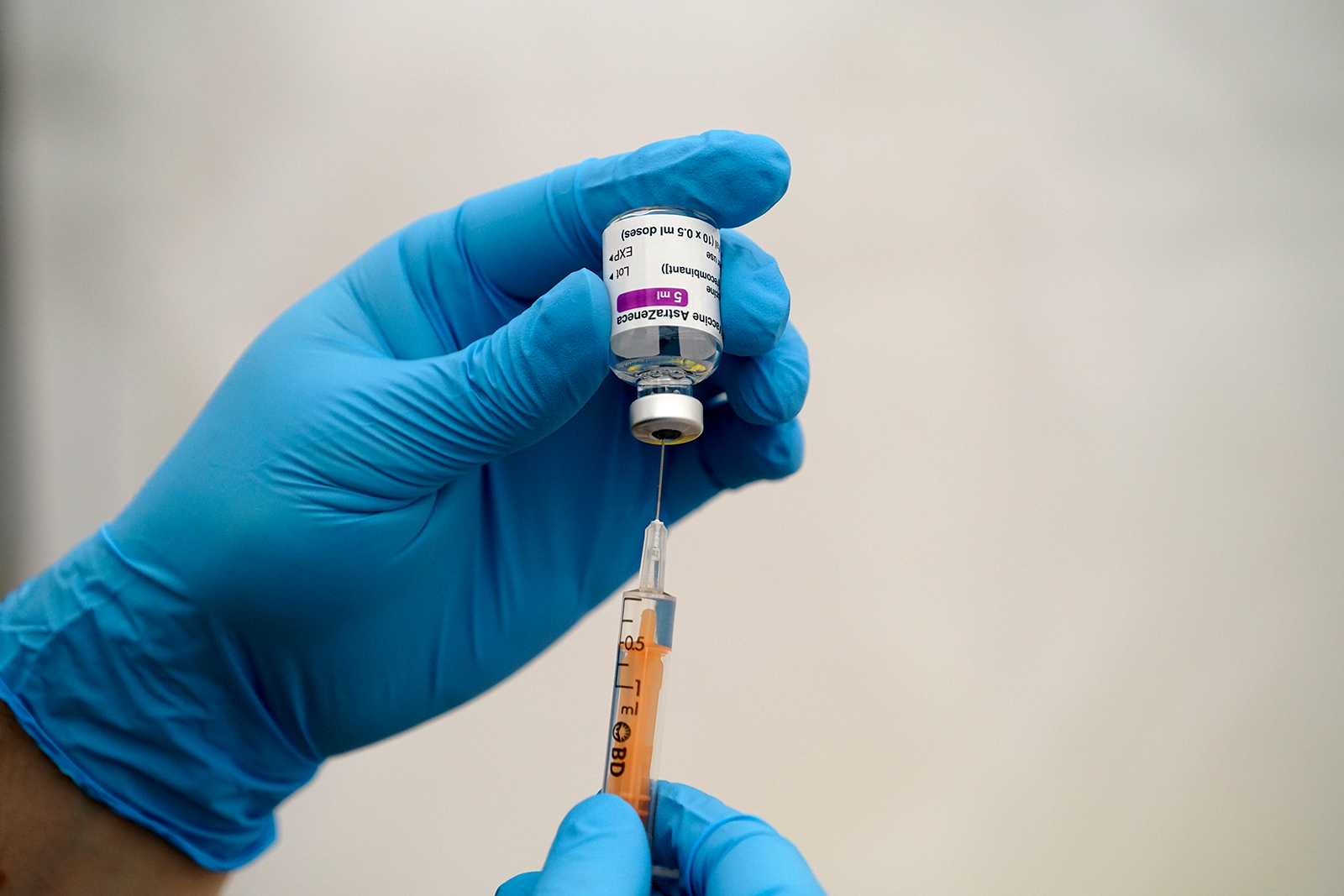
The state of California, in the United States, is adding millions of people to its list of Covid-19 vaccination priorities, including residents “at high risk with developmental and other disabilities” and those with “serious underlying health problems”.
The plan, outlined by state health officials at a news conference on Friday, will begin on March 15 and will allow cancer patients, pregnant women and other disabled people to join health professionals, the elderly, teachers and agricultural staff in line for a vaccine. The expansion could add up to 6 million Californians to the priority list.
It also extends the ages of 65 and over to 16 to 64 in these categories.
California Health and Human Services Agency secretary Dr. Mark Ghaly told reporters that starting March 15 will give authorities time to define the details of how to vaccinate people with various disabilities and may include home visits.
Ghaly acknowledged that the moment could be optimistic, warning “we are still dealing with the vaccine shortage. This week, the drastic vaccine deficit in the state led to the closure of mass vaccination centers in Los Angeles. “
The expanded list of eligible individuals includes people with cancer, chronic kidney disease, oxygen-dependent heart disease, Down syndrome, organ transplant recipients with immunosuppression, pregnant women, people with sickle cell disease, severe obesity and certain types of type 2 diabetes.
Ghaly expressed concern about inequality in distribution between communities of color and low-income areas. There are plans to reach community clinics, public health systems and what they are calling “messengers of trust in communities that the data show are reluctant to get vaccinated”.
State health officials acknowledged complaints from rural counties that they did not receive their fair share of vaccines. However, officials say these areas have historically been medically underserved and much of the initial distribution was in areas with large numbers of medical workers.
Officials say the focus will now shift to rural areas in California’s agricultural community, which has been disproportionately impacted by the pandemic.
The authorities also believe that the focus on Californians with developmental disabilities and severe underlying conditions will allow for more vaccinations in vulnerable locations, such as prisons, shelters for the homeless and areas where they live without a home.
The state estimates that 13 million Californians are eligible for the Covid-19 vaccine, including 3 million health workers, 3.4 million food and agriculture workers, 1.4 million in the education sector, one million in health services emergency and more than 6 million people over the age of 65.
